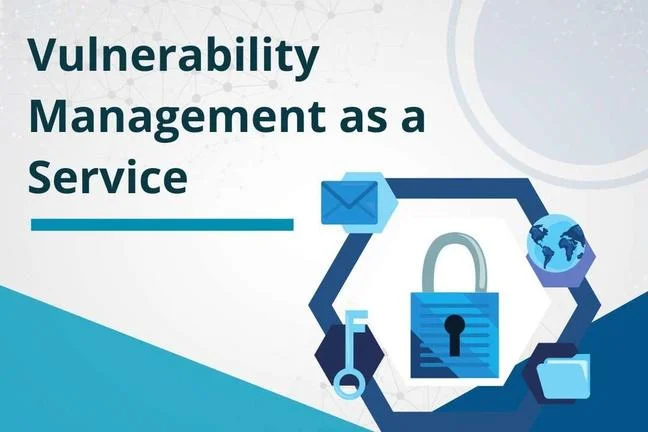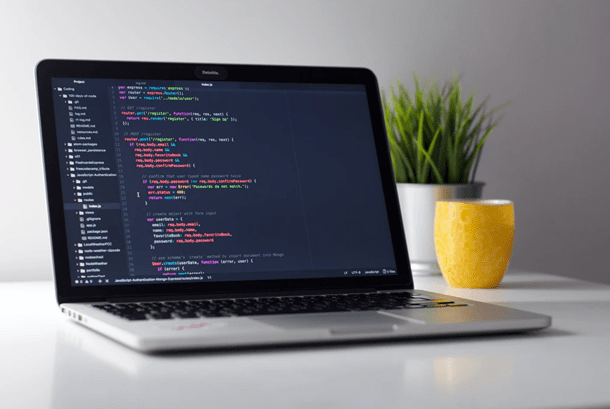Coast Guard Data Breach Forces System Shutdown: How Xcitium Protects Critical Military Infrastructure
Updated on February 18, 2025, by Xcitium

The United States Coast Guard has suffered a significant data breach, forcing officials to take personnel and pay systems offline. This cybersecurity incident underscores the urgent need for stronger cyber defenses to protect military and government organizations from targeted cyberattacks.
With nation-state actors, cybercriminals, and insiders posing constant threats, military branches cannot afford to rely on traditional, reactive security measures. Instead, they must adopt a proactive Zero Trust approach that verifies every file, application, or executable before it is allowed to interact with critical systems. Xcitium’s Zero Trust architecture ensures that military infrastructure is protected by eliminating the assumption of safety and enforcing real-time containment of potential threats.
Why Military & Government Agencies Are High-Value Cyber Targets
Cybercriminals, nation-state hackers, and insider threats see military and government agencies as attractive targets for several reasons:
1. Classified & Sensitive Data
Military systems store highly sensitive personnel records, mission details, and national security intelligence. A breach could lead to espionage, identity theft, or sabotage.
2. Disruption of National Security Operations
Taking down payroll, logistics, or communications systems weakens military readiness and creates operational chaos.
3. Aging IT Infrastructure & Legacy Systems
Many military organizations rely on older software and network architectures, making them vulnerable to modern cyber threats.
4. Increased Attack Surface Through Third-Party Contractors
Government and military agencies depend on external vendors for software, hardware, and cloud services, expanding the attack surface for cybercriminals.
The Fallout of the Coast Guard Data Breach
The consequences of this breach go beyond just an IT issue—it has serious implications for military personnel and national security:
- Compromised Personnel & Pay Information
Exposure of Social Security numbers, direct deposit details, and personal records could lead to identity theft and financial fraud.
- Operational Disruptions
With systems taken offline, Coast Guard members may face delays in receiving pay and accessing essential services.
- Increased Risk of Insider Threats
Sensitive personnel records in the wrong hands could enable blackmail, recuritment for espionage, or phishing attacks targeting military personnel.
- Loss of Public & Government Trust
The breach raises concerns about cybersecurity resilience in military operations, making it clear that stronger cyber defenses are urgently needed.
The Problem with Traditional Cybersecurity Approaches
Despite the increasing sophistication of cyber threats, many government and military agencies still rely on reactive security models that only detect new threats after they have executed.
The key security flaws in traditional approaches include:
1. Assuming Safety Until a Threat is Identified
Many security tools allow unknown files, applications, and executables to run until they have caused damage and can then be flagged as malicious. This delay gives attackers a window to steal data or disrupt operations and moves protection from a prevention to a remediation stance.
2. Lack of Real-Time Threat Remediation
Traditional endpoint protection does not prevent unknown malicious files from executing, meaning data can be exfiltrated before security teams respond.
3. Over-Reliance on Access-Based Zero Trust
While many military agencies implement Zero Trust for user authentication and access control, they fail to apply Zero Trust principles to files, executables, and applications, leaving them exposed to malware, ransomware, and nation-state attacks.
Xcitium’s Zero Trust Approach: The Key to Securing Military & Government Systems
Unlike traditional cybersecurity solutions that assume files are safe until proven otherwise, Xcitium’s Zero Trust architecture ensures that every file, application, or executable is verified before it can interact with mission-critical infrastructure.
How Xcitium’s Zero Trust Approach Works:
1. No Assumptions About Safety
Every file, application, and executable is analyzed in real time. If its safety is unknown, it is automatically contained and neutralized by virtualizing its attack vectors until verified.
2. ZeroDwell Technology
Xcitium’s ZeroDwell technology prevents malware, ransomware, and zero-day exploits from executing on their intended targets, instead virtualizing their attack vectors, stopping unknown threats before they cause damage.
3. Proactive Risk Management
By verifying every file before execution on production systems, Xcitium eliminates security gaps and ensures that military organizations are never caught off guard.
4. Scalability for Large-Scale Government & Military Networks
Designed for military bases, government agencies, and defense contractors, Xcitium’s solutions provide real-time protection across classified networks, cloud- based infrastructures, and endpoint devices.
Steps Military & Government Organizations Must Take to Prevent Data Breaches
The Coast Guard data breach is a reminder that national security organizations must evolve their cybersecurity strategies. Key actions include:
1. Adopt a Proactive Zero Trust Model
Implement a file- and application-level Zero Trust strategy that ensures every executable is verified before execution.
2. Deploy Real-Time Threat Containment
Prevent malware, ransomware, and other attacks before they execute by using ZeroDwell virtualized execution technology.
3. Strengthen Vendor & Third-Party Security
Many breaches originate from third-party vulnerabilities—military organizations must ensure that external partners follow strict security protocols.
4. Conduct Continuous Risk Assessments
Regular security audits, penetration testing, and real-time monitoring help identify vulnerabilities before cybercriminals can exploit them.
5. Invest in AI-Powered Threat Intelligence
AI-driven threat intelligence and behavioral monitoring provide early detection and response to emerging cyber threats.
How Xcitium Protects Military & Government Agencies from Cyberattacks
Xcitium’s security solutions provide real-time protection against evolving cyber threats, ensuring that military agencies can prevent breaches before they happen.
Key Features of Xcitium’s Security Platform:
- ZeroDwell Technology: Instantly isolates suspicious files, virtualizing their attack vectors and preventing unknown threats from causing damage.
- Proactive Threat Validation: Ensures that all files, applications, and executables are verified for safety before interacting with mission-critical systems.
- Enterprise-Grade Scalability: Protects military networks, classified environments, and government agencies across global operations.
- Regulatory & Compliance Support: Helps organizations meet NIST, CMMC, FISMA, and other government cybersecurity requirements.
- AI-Driven Threat Intelligence: Provides real-time monitoring and insights into emerging cyber threats.
Conclusion: Preventing the Next Military Data Breach
The Coast Guard data breach is yet another wake-up call that cyber threats against military organizations are intensifying. National security cannot afford to rely on outdated security models that assume safety until proven otherwise.
With Xcitium’s Zero Trust approach, military organizations can validate every file and executable before they cause damage, eliminate hidden threats, and prevent breaches before they happen.
Cybersecurity isn’t about responding to attacks—it’s about preventing them. With Xcitium, prevention is a guarantee, not a gamble.












